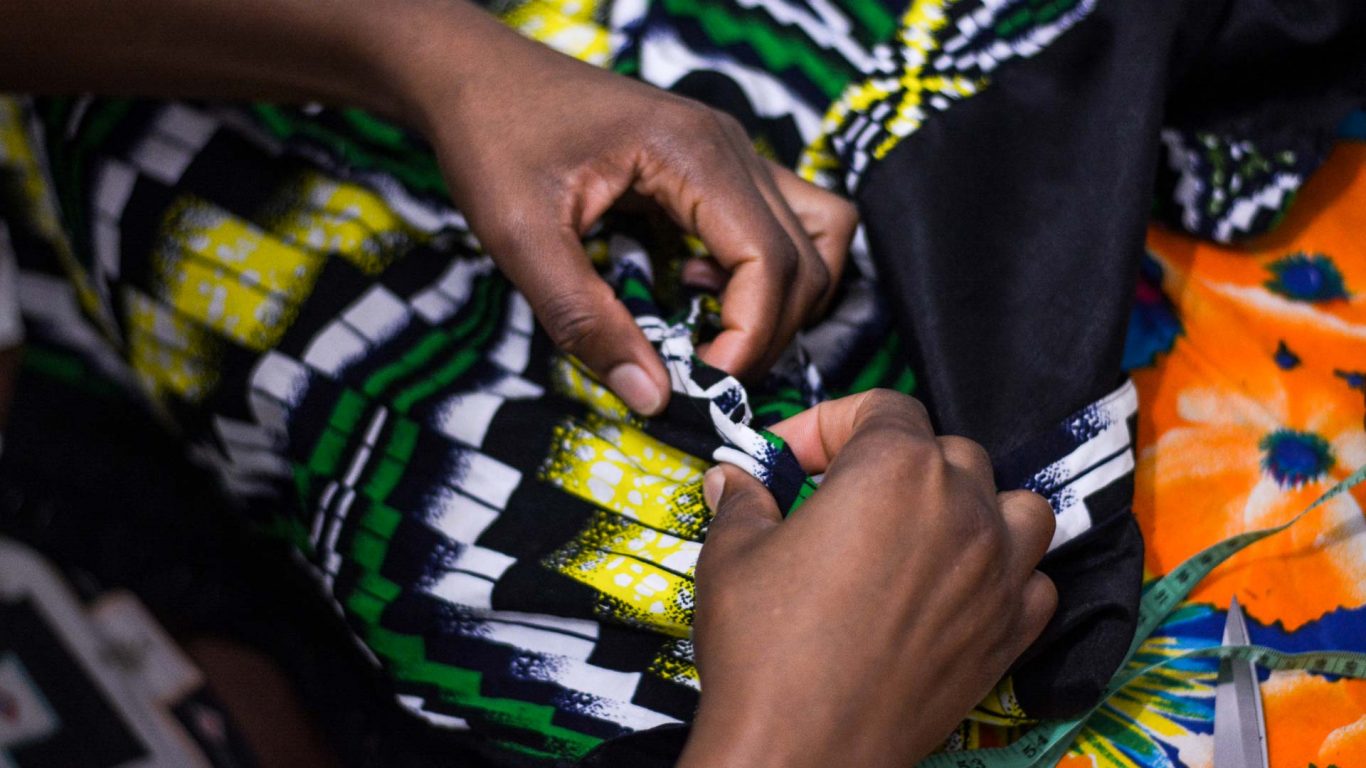Cleo : A Transgender Activist Seeking Refuge in Tunisia
Created by
the Editorial Team
Article, sound and voice acting
Haïfa Mzalouat
Editing and mixing
Musique
Illustration
Marwen Ben Mustapha
[This article is read in French, in its original version].
In bits and pieces, Cleo begins to tell her story. From a very young age, she did not identify with the male label that she was assigned at birth.
As a child, she refused to " dress like a boy", and her father, with whom she lived at the time, constantly criticised her behaviour. At her all-male high school, she was harassed. One day, almost all the students in the boarding school waited for her to enter school with one of her friends. " They greeted us by banging on all the walls and tables, shouting 'Faggots! Faggots!'".
Despite being ridiculed, Cleo started advocating for LGBT rights. " I came out as transgender in my senior year and was lucky to receive some support. It even encouraged some other students to come out as well."
She was chased out of her home and ended up returning to her mother in Benin, to whom she came out in a very memorable way. But even there, the young woman was not safe and ended up fleeing to Tunisia. She started settling in, but her situation remained very precarious.
*The name Cleo has been changes to respect anonymity.
ABOUT
Inkyfada Podcast is the first platform entirely dedicated to original Tunisian podcasts, and was conceived by Inkyfada media in collaboration with the in-house research and development laboratory, InkyLab. Inkyfada joined the global podcast boom in 2017, when the team produced the first Tunisian audio documentary, diving deep into the belly of the El Kamour struggle taking place in the desert. Since then, Inkyfada Podcast has produced a wide variety of documentaries, investigations, and podcast series, as well as articles accompanied by music; covering a multitude of contemporary issues in order to offer an immersive and alternative podcast experience. Whilst exclusively offering audio content, the Inkyfada Podcast team upholds the same core values and principles of inkyfada.com, and is committed to producing high quality content though a dynamic and meticulous production process. In addition to the permanent team, Inkyfada podcast works closely with various journalists, artists, illustrators, musicians and other content creators in order to diversify the platform and support artistic creativity. These podcasts differ from traditional radiophonic content in that the applied production and editing process is more akin to cinematographic techniques, in addition to being web-based, downloadable and accessible on demand. Additionally, Inkyfada Podcast uniquely offers subtitles in French, Arabic and English for all audio content, the majority of which is recorded in Tunisian or in the preferred language of the speaker in question.




